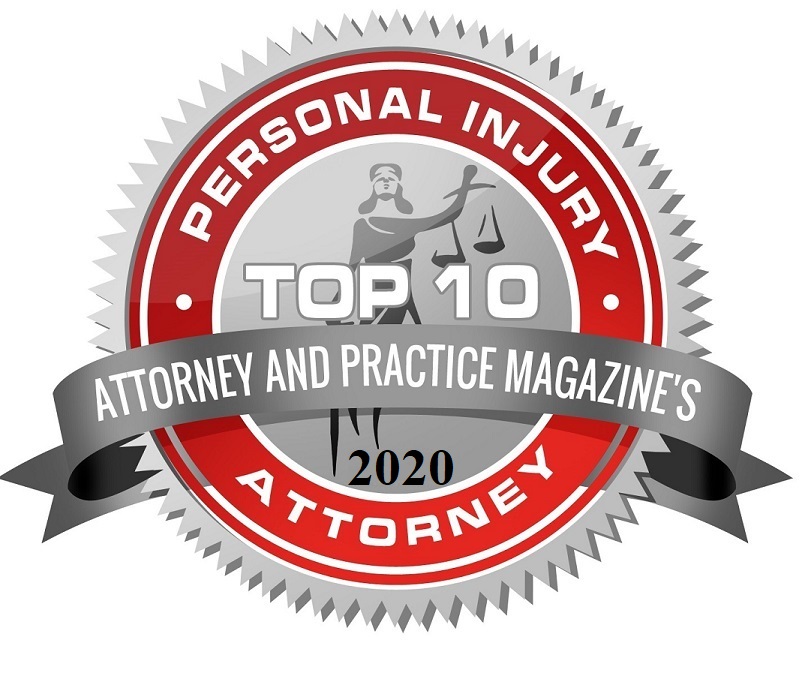Ridesharing services like Uber and Lyft have transformed the way people travel, offering convenience and flexibility. However, as the use of these services has grown, so has the incidence of accidents involving rideshare vehicles. Understanding the differences between Uber and Lyft accident claims in Florida is crucial for anyone who may be involved in such an incident. This comprehensive guide explores the nuances of handling these claims and provides insights into the unique aspects of each service.






Florida’s Legal Landscape for Rideshare Accidents
In Florida, rideshare accidents are governed by a specific set of laws and regulations. The state has implemented statutes that address the responsibilities of rideshare companies and their drivers. Both Uber and Lyft are required to provide insurance coverage for their drivers, but the coverage varies depending on whether the driver is logged into the app, waiting for a ride request, or actively transporting a passenger. This distinction is crucial in determining the applicable insurance and the process for filing a claim.
Insurance Coverage for Uber and Lyft Drivers
The insurance coverage for Uber and Lyft drivers is structured in tiers, which can significantly impact the claims process. When a driver is logged into the app but has not yet accepted a ride request, both companies provide contingent liability coverage. This coverage includes bodily injury and property damage but only comes into play if the driver’s personal insurance does not cover the accident. The coverage limits during this period are generally lower, typically around $50,000 per person for bodily injury and $100,000 per accident.
Once a driver accepts a ride request and is en route to pick up a passenger or is actively transporting a passenger, the coverage increases substantially. During this period, both Uber and Lyft provide up to $1 million in liability coverage. This coverage includes third-party liability, uninsured and underinsured motorist coverage, and contingent comprehensive and collision coverage. The high coverage limits during this phase are designed to protect both passengers and third parties involved in an accident.
Differences in Filing Claims with Uber and Lyft
While Uber and Lyft share similarities in their insurance structures, there are differences in how claims are processed. Understanding these differences can help streamline the claims process and ensure that you receive the compensation you deserve.
Uber Accident Claims
Filing a claim with Uber typically involves several steps. If you are a passenger, driver, or third party involved in an Uber accident, you will need to report the incident to Uber through their app or website. Uber’s support team will then guide you through the process, which includes gathering necessary information such as the driver’s details, the accident report, and any relevant medical records or repair estimates.
Uber’s claims process can be complex, as it often involves coordination between Uber’s insurance provider and the driver’s personal insurance. It is important to be persistent and thorough in providing all requested documentation to avoid delays. Additionally, having legal representation can be beneficial, as a knowledgeable attorney can navigate the complexities of the claims process and advocate on your behalf.
Lyft Accident Claims
The process for filing a claim with Lyft is similar to Uber but has its own nuances. Lyft also requires that accidents be reported through their app or website. Once reported, Lyft’s support team will initiate the claims process, which involves collecting relevant information and coordinating with their insurance provider.
One key difference with Lyft is that they have a dedicated claims department that handles accident claims. This department is responsible for investigating the incident, assessing damages, and determining liability. While this can streamline the process, it also means that claims may be subject to more scrutiny. As with Uber, having an attorney can be invaluable in navigating the claims process and ensuring that your rights are protected.
Challenges in Rideshare Accident Claims
Rideshare accident claims can present unique challenges compared to traditional car accident claims. One of the primary challenges is determining liability, especially when multiple parties are involved. For example, if you are a passenger in an Uber or Lyft and the accident involves another vehicle, both the rideshare driver and the other driver may share responsibility for the accident. This can complicate the claims process and affect the amount of compensation you receive.
Another challenge is dealing with insurance companies. Both Uber and Lyft use third-party insurance providers to handle claims, which can lead to delays and disputes. Insurance companies may attempt to minimize payouts or deny claims altogether, making it essential to have legal representation to advocate on your behalf.
The Role of Comparative Negligence in Florida
Florida follows a comparative negligence system, which means that fault in an accident can be shared among multiple parties. Under this system, your compensation may be reduced by your percentage of fault. For example, if you are found to be 20% at fault for an accident, your compensation will be reduced by 20%. Understanding how comparative negligence applies to rideshare accidents is crucial in ensuring that you receive fair compensation.
In the context of Uber and Lyft accidents, comparative negligence can be particularly relevant if there are questions about the actions of the rideshare driver, the other driver, or even the passenger. An experienced attorney can help gather evidence, such as witness statements and accident reports, to build a strong case and minimize your percentage of fault.
Choosing The Right Personal Injury Attorney Personal Injury Settlement TimelineRelated Videos
Steps to Take After a Rideshare Accident
If you are involved in an accident while using Uber or Lyft, there are several important steps to take to protect your rights and ensure a smooth claims process. First, seek medical attention for any injuries, even if they seem minor at the time. Prompt medical care not only ensures your well-being but also provides documentation of your injuries, which can be crucial for your claim.
Next, report the accident to the rideshare company through their app or website. Be sure to provide accurate and detailed information about the incident, including the driver’s details, the location of the accident, and any other relevant information. It is also important to report the accident to the police and obtain a copy of the accident report, as this can be valuable evidence in your claim.
Gathering evidence is another critical step. Take photographs of the accident scene, including damage to vehicles and any visible injuries. Collect contact information for any witnesses, as their statements can support your claim. Keep detailed records of all expenses related to the accident, including medical bills, repair costs, and any lost wages.
Case Results
The Importance of Legal Representation
Navigating the complexities of Uber and Lyft accident claims can be challenging, and having legal representation can make a significant difference in the outcome of your case. An experienced attorney can help you understand your rights, gather evidence, negotiate with insurance companies, and advocate on your behalf to ensure that you receive fair compensation.
At Serrano Law, we have a deep understanding of the intricacies of rideshare accident claims in Florida. Our team is dedicated to helping clients navigate the legal process and achieve the best possible outcome. Whether you are a passenger, driver, or third party involved in an Uber or Lyft accident, we are here to provide the support and guidance you need.
Contact Serrano Law Today
If you or a loved one has been involved in an Uber or Lyft accident in Florida, it is crucial to act quickly and seek legal representation. Contact Serrano Law today to schedule a consultation and learn more about how we can help you navigate the complexities of your claim and pursue the compensation you deserve. Our team is committed to providing compassionate and effective legal support — and we are here to stand by your side every step of the way.



